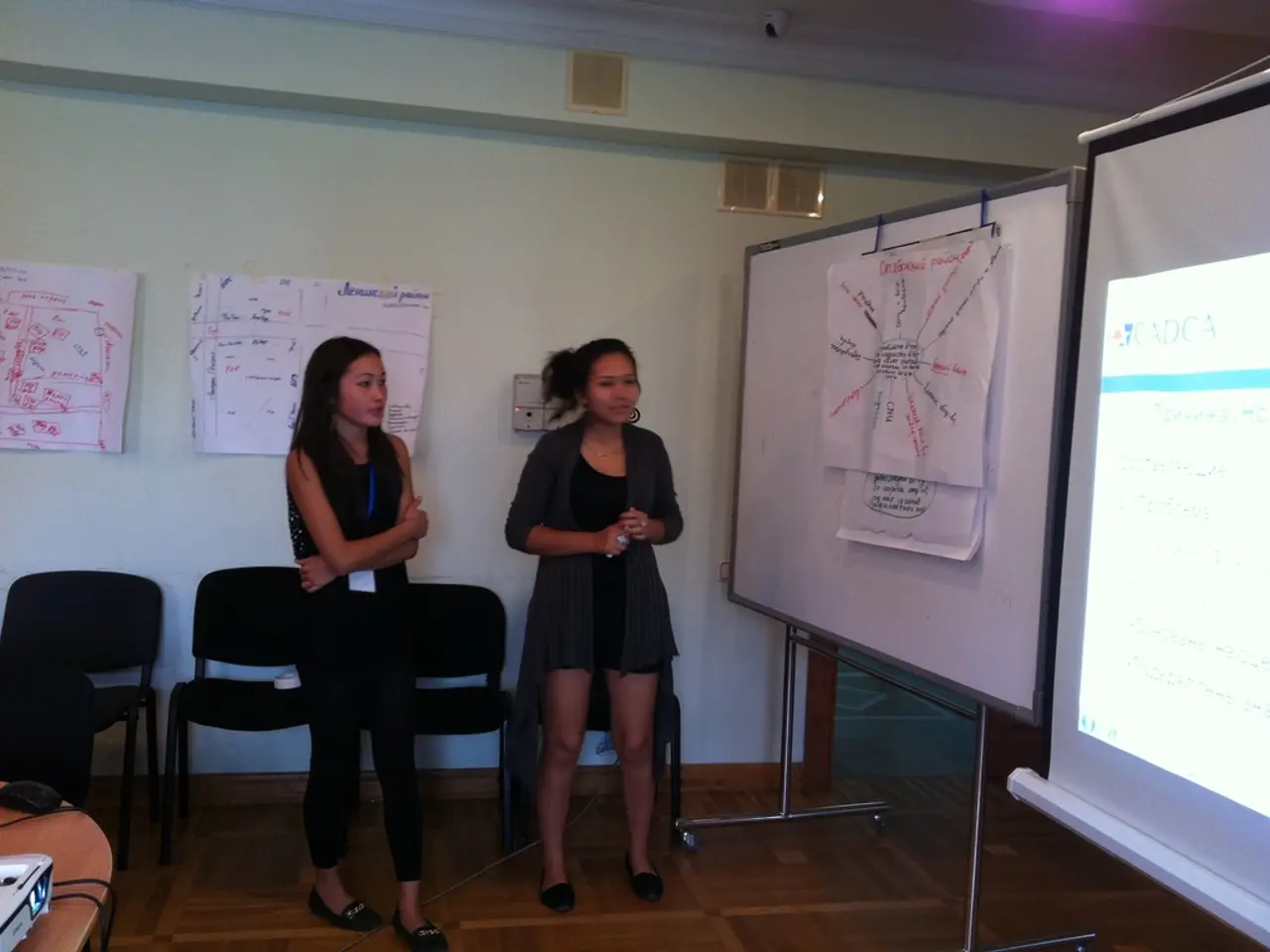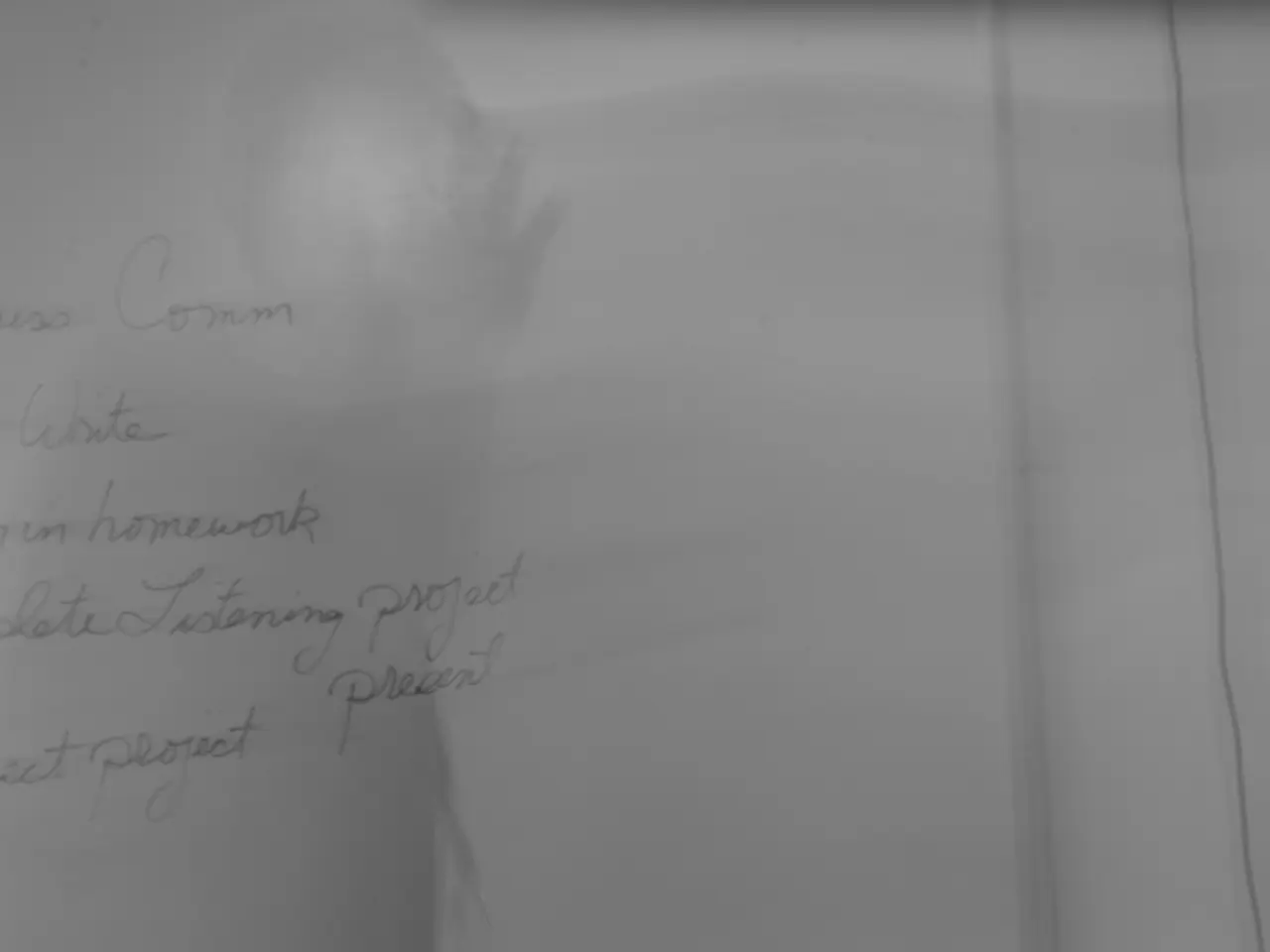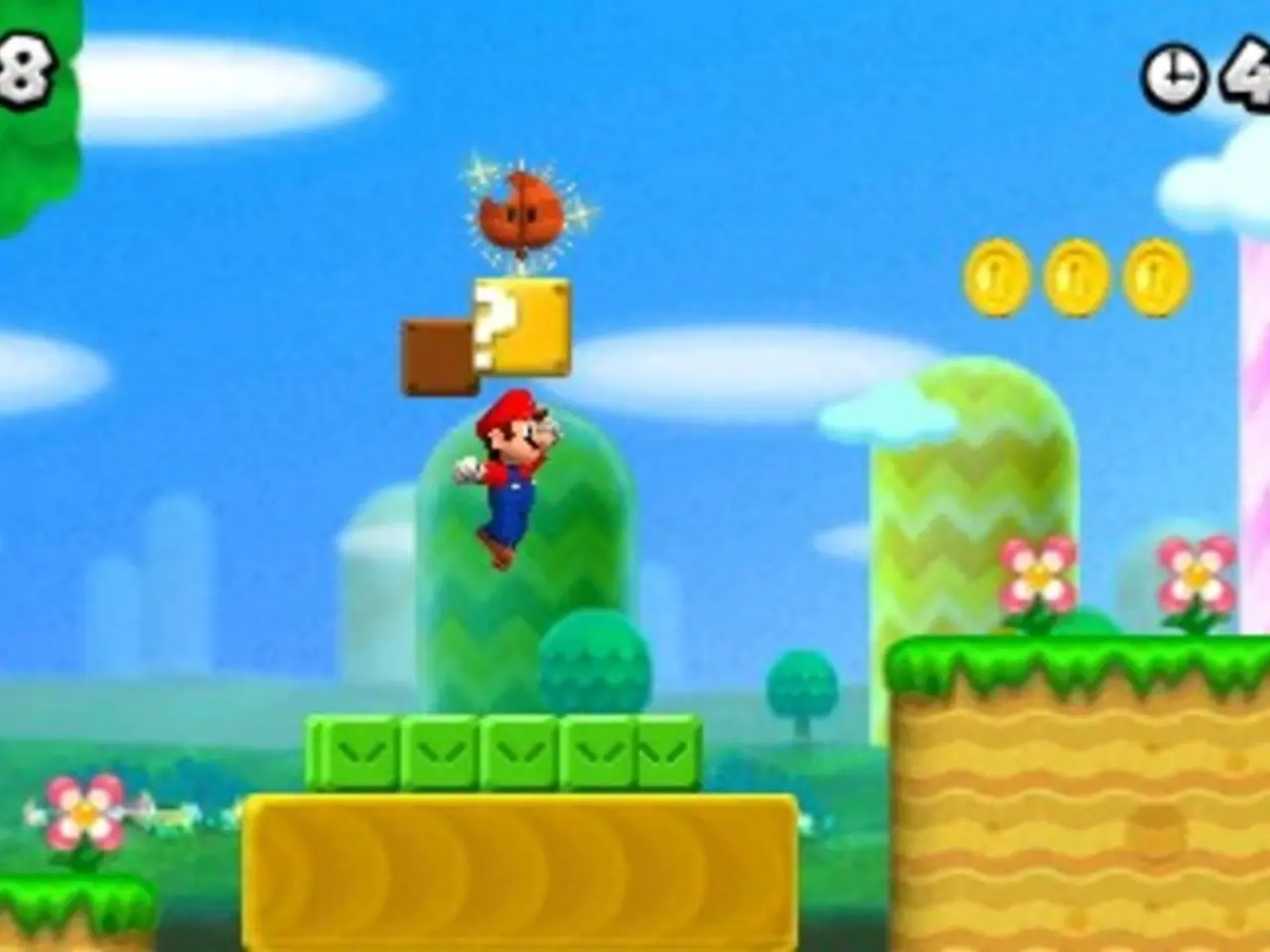Differences between a Product Manager and a Project Manager: an explanation
In the dynamic world of business, two crucial roles often intertwine yet remain distinct: product management and project management. While both roles are essential for a company's success, they differ significantly in their responsibilities, focus, and timelines.
Product managers, responsible for the overall success and lifecycle of a product, define the product vision and strategy, conduct market and customer research, manage the product roadmap, and ensure the product aligns with business goals and customer needs. They focus on the 'why' the product exists and what problems it solves in the market. On the other hand, project managers oversee the planning, executing, and completion of specific projects within time, scope, and budget constraints. Their focus is on 'how' and 'when' a project will be delivered.
Product managers have a broader, strategic, and external focus on the market and customers, focusing on continuous product discovery, customer feedback, competitive analysis, and long-term product success. In contrast, project managers have a narrower, tactical, and internal focus on coordinating teams and resources to complete projects on time and within budget, with an emphasis on process execution and risk mitigation during the project lifecycle.
The roles of product and project managers complement each other, with the product manager steering the 'why' and 'what' of the product, ensuring it meets customer and business needs over time, while the project manager ensures the 'how' and 'when', coordinating the execution and delivery of projects that may serve the product development or other organizational goals.
A product's life cycle includes stages such as conception, development, introduction, management in the market, and retirement, while a project has a finite timeline, managing the project from initiation to closure. Once the project is completed, the project manager’s role in that initiative typically ends, whereas a product manager's responsibilities do not end with the project; they monitor product performance post-launch and iterate based on feedback.
In summary, product management and project management are distinct tasks, with product management dealing with the planning, forecasting, and production or marketing of a product throughout its life cycle, while project management focuses on the planning, execution, and completion of specific projects within time, scope, and budget constraints. Separating these roles for better allocation of project resources and a clearer project timeline is ideal for business success.
- In the realm of software development, product managers frequently collaborate with UI/UX designers to ensure the software meets customer needs and aligns with the product vision and strategy, thus creating an intuitive and problem-solving user interface.
- The role of finance in business technology becomes vital for product managers when making decisions about resource allocation, budgeting, and pricing strategies, which directly impact the product's success and profitability.
- In project management, AR (Augmented Reality) technology can play a significant role during the project execution phase, allowing project managers to visualize the project in a realistic and immersive environment, thereby enhancing project understanding and decision-making.
- As market trends and customer demands continuously evolve, effective business technology requires the seamless integration of product management and project management methodologies to create innovative solutions that deliver high-quality products and services on time, within budget, and in line with the overall business goals.




